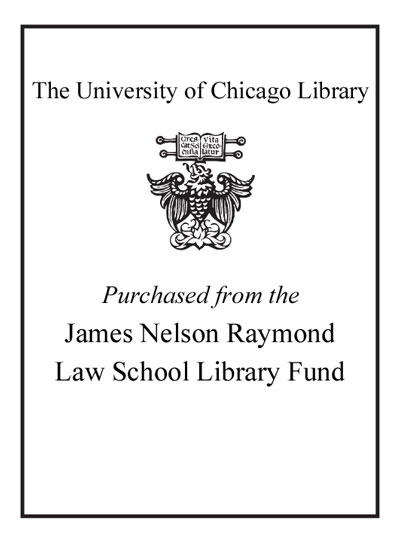| Summary: | The right of workers to 'strike' - to refuse to work pending the outcome of employer-employee negotiations concerning specified demands - is legally recognized virtually worldwide. Yet national laws on strike action vary enormously, both in terms of the extent of state regulation and of specific procedural rules. The importance of strike law becomes obvious when taking the enormous economic and financial consequences of strikes into account. Considering how many people and businesses are affected by strike actions - particularly with the globalization of industry - the value of a comparative assessment of the right to strike becomes very clear. This book brings together 31 country chapters, each written by national experts on strike law. An introductory general chapter sheds light on similarities and outlines differences in the laws of the countries concerned. The present volume is an outcome of the proceedings of the World Congress of the International Society for Labour and Social Security Law which took place in Santiago, Chile, in September 2012. The country reports submitted at that time have been modified and updated, and more country reports have been added. Each chapter covers the following specific topics: legal definitions; the legal basis of the right to strike; the right to call a strike; the right to participate in a strike; lawful strikes according to their purpose; procedural requirements; peace obligations; other limitations to strikes; the public sector and 'essential services'; specific emanations of strikes and other forms of industrial action; legal consequences of lawful strikes; legal consequences of unlawful strikes; dispute resolution; support of strikers; parity of parties and neutrality of the state; and strikes in practice. Because the strike law issues lawmakers, judges, and legal practitioners must address are similar no matter what the jurisdiction, it makes sense to look beyond borders to learn what solutions are being implemented in other countries.
|
|---|

